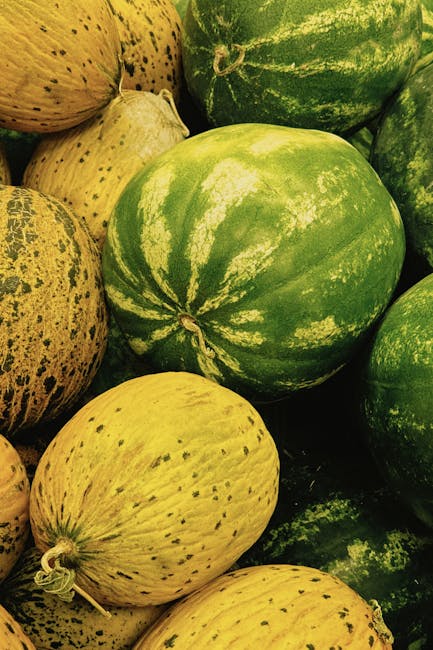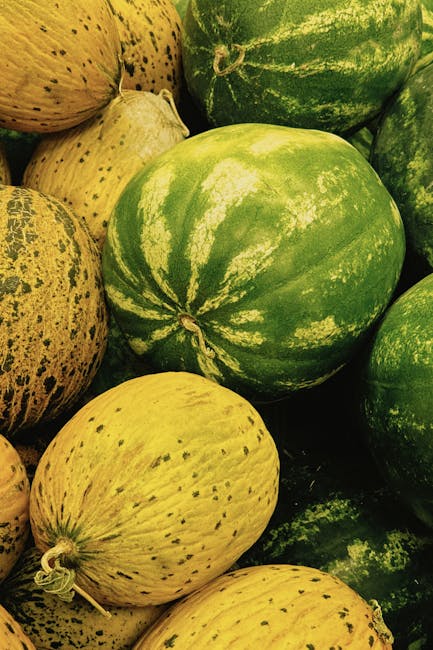Wholesome Harvest: Cultivating a Healthier Lifestyle Through Mindful Eating and Sustainable Practices
In today’s fast-paced world, the concept of a ‘wholesome harvest’ extends far beyond the imagery of bountiful fields and overflowing baskets. It represents a conscious effort to cultivate a healthier lifestyle, encompassing mindful eating, sustainable food choices, and a deeper connection with the origins of our food. This holistic approach not only benefits our physical well-being but also contributes to environmental sustainability and supports ethical farming practices.

Understanding the Wholesome Harvest Philosophy
The core principle of a wholesome harvest centers on the idea of nourishing our bodies and minds with food that is both nutritious and ethically sourced. This means prioritizing whole, unprocessed foods that are grown sustainably, minimizing the use of pesticides and harmful chemicals. It’s about understanding where our food comes from, appreciating the work that goes into producing it, and making conscious choices that align with our values.

Key Pillars of a Wholesome Harvest Lifestyle:
- Mindful Eating: Paying attention to the food we consume, savoring each bite, and being aware of our body’s hunger and fullness cues. This practice promotes better digestion, reduces overeating, and enhances our appreciation for food.
- Sustainable Food Choices: Opting for locally sourced produce, supporting farmers’ markets, reducing food waste, and choosing sustainably farmed or wild-caught proteins. These choices minimize the environmental impact of our food consumption.
- Ethical Sourcing: Understanding the ethical implications of our food choices, supporting fair trade practices, and avoiding products that exploit workers or animals. This encompasses choosing humane and sustainably raised meat, poultry, and dairy products.
- Seasonal Eating: Embracing the natural rhythms of the seasons and consuming fruits and vegetables that are in peak season. This ensures maximum nutritional value and supports local farmers.
- Home Cooking: Preparing meals at home allows for greater control over ingredients and portion sizes, promoting healthier eating habits and reducing reliance on processed foods.
The Benefits of a Wholesome Harvest Approach
Adopting a wholesome harvest lifestyle offers a multitude of benefits that extend beyond simply eating healthy. It promotes physical and mental well-being, fosters a stronger connection with nature, and contributes to a more sustainable future.

Physical Well-being:
- Improved Nutrition: A diet rich in whole, unprocessed foods provides essential vitamins, minerals, and antioxidants, supporting optimal health and reducing the risk of chronic diseases.
- Better Digestion: Mindful eating and consuming fiber-rich foods improve gut health and promote efficient digestion.
- Weight Management: Focusing on whole, nutrient-dense foods naturally leads to healthier weight management.
- Increased Energy Levels: A balanced diet provides sustained energy throughout the day, reducing reliance on sugary snacks and processed foods.
Mental Well-being:
- Reduced Stress: Mindful eating practices promote relaxation and stress reduction.
- Improved Mood: A healthy diet supports brain function and contributes to improved mood and mental clarity.
- Increased Self-Awareness: Paying attention to our body’s hunger and fullness cues fosters greater self-awareness and body acceptance.
Environmental Sustainability:
Choosing sustainable food practices reduces our environmental footprint by minimizing waste, supporting local farmers, and reducing reliance on long-distance transportation of food.
Practical Steps Towards a Wholesome Harvest
Transitioning to a wholesome harvest lifestyle doesn’t require a complete overhaul of your eating habits overnight. It’s a gradual process that involves making conscious choices and incorporating sustainable practices into your daily routine.
Start Small, Make Changes Gradually:
- Plan your meals: Meal planning helps reduce food waste and ensures you have healthy options readily available.
- Shop at farmers’ markets: Connect with local farmers and support sustainable agriculture.
- Reduce food waste: Utilize leftovers creatively and compost food scraps.
- Cook more at home: Take control of your ingredients and portion sizes.
- Incorporate seasonal produce: Experiment with different fruits and vegetables that are in season.
- Learn about sustainable farming practices: Understand the environmental impact of your food choices.
- Support ethical businesses: Choose companies that prioritize sustainability and ethical practices.
- Educate yourself: Read books, articles, and blogs about mindful eating and sustainable food systems.
Conclusion: Embracing the Wholesome Harvest
The wholesome harvest philosophy is a powerful framework for cultivating a healthier and more sustainable lifestyle. By embracing mindful eating, sustainable food choices, and ethical sourcing, we can nourish our bodies, protect the environment, and contribute to a fairer food system. It’s a journey of conscious consumption, one that requires commitment and effort but ultimately yields profound rewards for both our personal well-being and the planet’s future.

